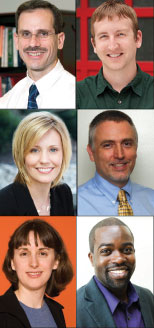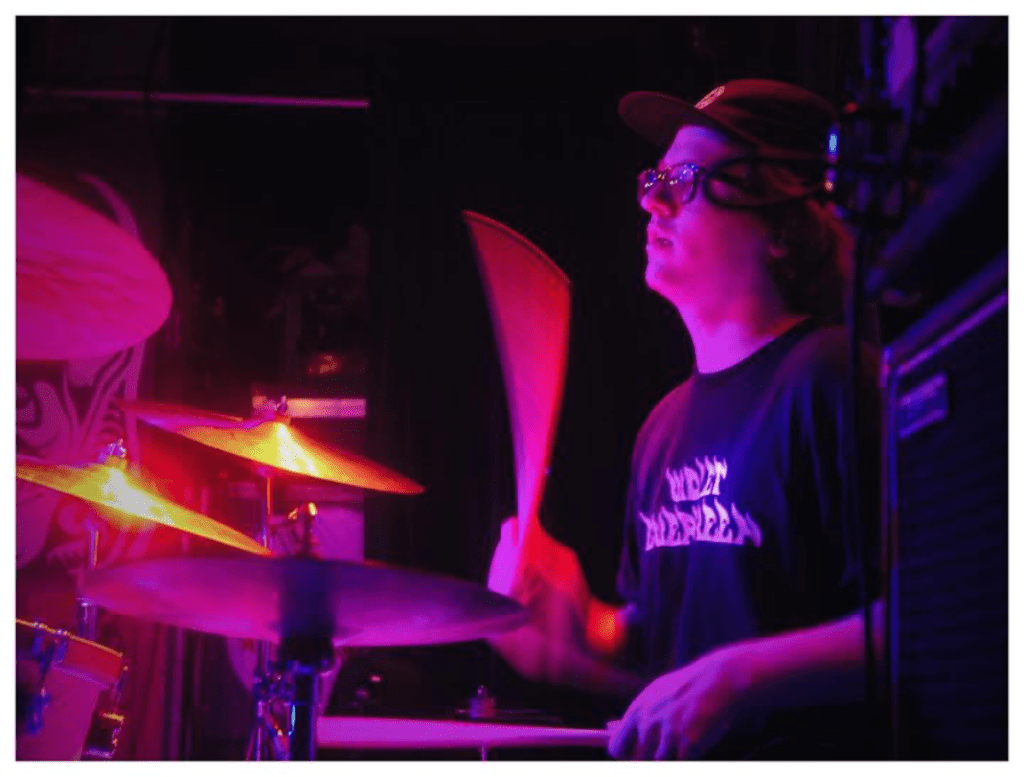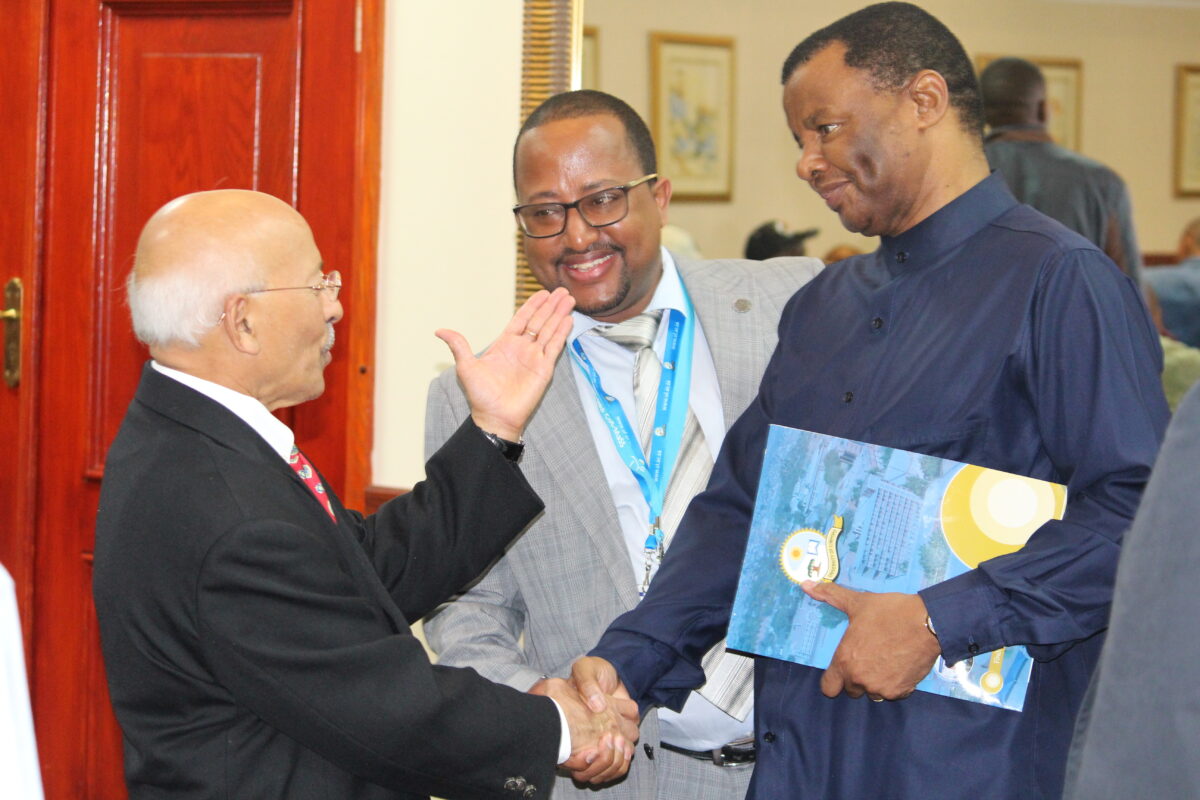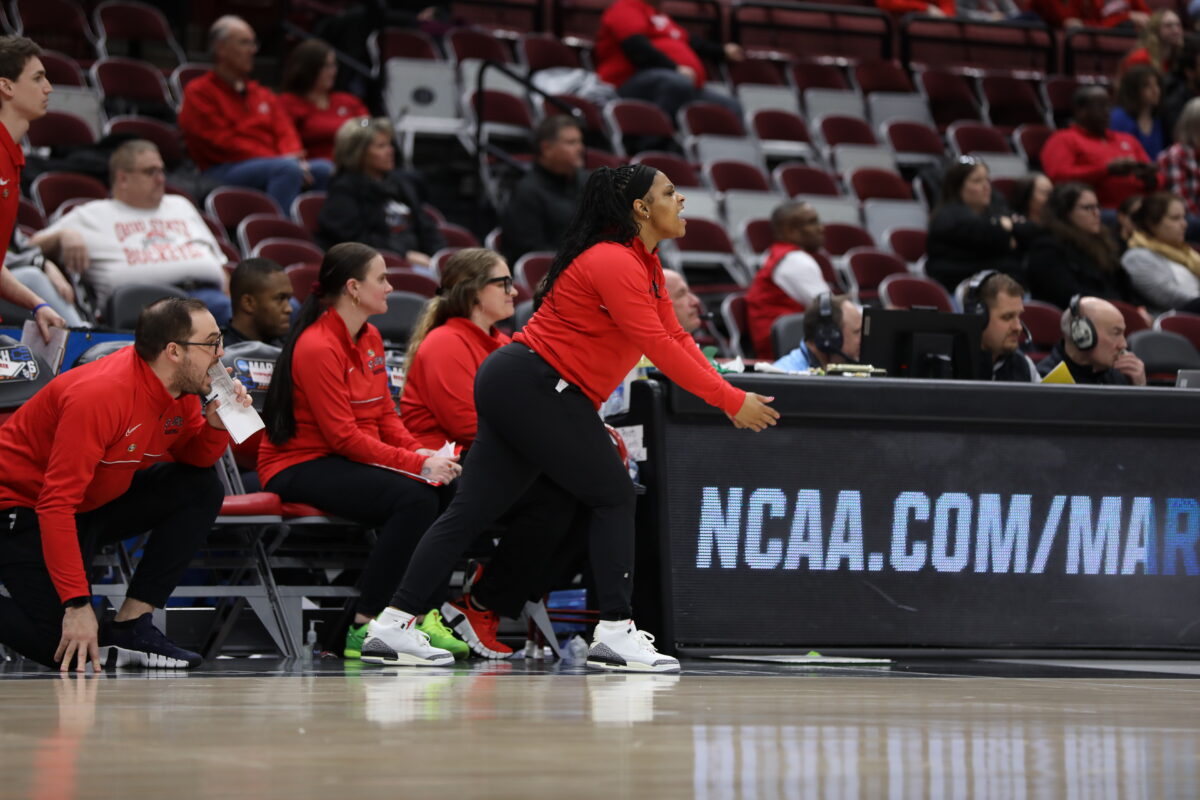CRIMSON ACCOLADE
On a bright and sunny late May morning in Cambridge, MA, UMBC’s president Freeman A. Hrabowski, III, received one of the most prestigious awards offered in American higher education: an honorary Doctor of Laws degree from Harvard University.
Hrabowski was one of a group of 10 recipients that included Nobel Prize laureate Thomas Cech, retired U.S. Supreme Court justice David Souter and Oscar award-winning actress Meryl Streep.
In her remarks on the occasion, Harvard University president Drew Gilpin Faust called Hrabowski “a galvanic force in his university’s ascent, spurring success against the odds. A leader whose wellspring of energy and insight has plenished pools of talent in science and beyond.”
Reflecting on the award a few weeks after the ceremony, UMBC’s president says that “I consider that award as an award for the institution. It comes as a result of the respect our colleagues there have for the academic enterprise here.”
Hrabowski adds that the festivities – and the chance to talk with academic leaders at Harvard – revealed to him the depth and breadth of that respect.
“The point made to me over and over again was that the UMBC product is superb,” says UMBC’s president. “And that the students who have graduated from here and gone to Harvard – across a range of disciplines – have done extraordinary work and come from a wide range of racial and ethnic and economic backgrounds. So we have become a symbol of inclusive excellence in American higher education.”
— Richard Byrne ’86
Image: Staff Photographer Justin Ide/Harvard University
ALUMNI ACHIEVERS
Last year, the UMBC Alumni of the Year awards moved back to campus and were scheduled to coincide with the university’s Homecoming celebrations. It was such a smashing success that it’s happening again on Thursday, October 14, 2010, with a new crop of alumni award winners picked by UMBC’s Alumni Association Board of Directors. This year’s recipients are:
- Michael George ’87, information systems – a vice president at Amazon.com – is the Engineering and Information Technology Alumnus of the Year.
- Vikki Valentine ’96, English – a science editor at National Public Radio – is the Humanities Alumna of the Year.
- Michael Nishimura ’80, M.S. ’84 and Ph.D. ’89 – Vice Chair of Research, Department of Surgery at the Medical University of South Carolina – is Natural and Mathematical Science Alumnus of the Year.
- Chad Cradock ’97, psychology – director of aquatics at UMBC and leader of the university’s highly successful swimming teams — is Social and Behavioral Sciences Alumnus of the Year.
- Dean Alexander ’88, visual arts – award-winning photographer – is the Visual and Performing Arts Alumnus of the Year.
- Gene Trainor ’86, health science and policy and economics – chair of the alumni committee for UMBC’s Exceptional by Example campaign – will receive the Distinguished Service to the University and the Alumni Association Award.
- Aaron Merki ’05, political science – an associate at Venable LLP – will receive the Young Alumni Rising Star Award.
— Richard Byrne ’86
U.S. News: UMBC IS STILL NUMBER ONE
Getting to the top is hard. But ask any competitor, and they’ll tell you that staying there is much harder.
That’s why UMBC’s repeat appearance at the top of the list of “Up-and-Coming National Universities” in the U.S. News and World Report America’s Best Colleges Guide this year is an acknowledgment that UMBC has raised itself to prominence in discussions about best practices in higher education.
How do we know that? Well, the “Up-and-Coming” list is what’s known as a “reputational survey.” U.S. News canvasses a wide range of academic leaders (college and university presidents, provosts and admissions deans) and asks them which 10 institutions “are worth watching because they are making promising and innovative changes.”
In short: the more those leaders are talking about you, the higher your ranking. UMBC’s place at the summit of the list for a second straight year means that the university has people talking – and in a good way.
UMBC’s commitment to undergraduate education was also highlighted once again by the university’s placement on the annual guide’s list of the top 16 national universities “where the faculty has an unusual commitment to undergraduate teaching.” Other universities on that list include Dartmouth, Princeton, Brown, the University of California-Berkeley, Stanford, and Yale.
In a joint letter to the campus community, UMBC’s president Freeman A. Hrabowski, III and provost Elliot Hirshman wrote that “needless to say, we are extremely proud to be recognized for our commitment to our students and to be seen as a national leader in higher education.”
— Richard Byrne ’86
HIGH ASSESSMENT

Books about higher education attract policy makers and academic leaders, but they also increasingly find readers among parents and students making tough decisions about where to spend their tuition dollars.
One book about America’s colleges being widely discussed this autumn is Higher Education? How Colleges Are Wasting Our Money and Failing Our Kids And What We Can Do About It. Co-written by Queens College professor Andrew Hacker and New York Times columnist Claudia Dreifus, the book has been serialized in The Chronicle of Higher Education and is stirring up spirited debate.
The big news for UMBC is that Hacker and Dreifus’ assessment of the university squares significantly with the plaudits for overall excellence and undergraduate teaching that UMBC has received from U.S. News and World Report and other media outlets.
“Of all the research universities we’ve visited, [UMBC] is the place that has most capably connected research with undergraduate education,” Hacker and Dreifus write. The authors cite a number of UMBC success stories in undergraduate education – and a palpable overall enthusiasm among students – observed in a campus visit made as they researched their book.
While Hacker and Dreifus also noted the Meyerhoff Scholars Program’s immense success in increasing minority presence in the sciences and engineering, their conclusions about UMBC and its president focused keenly on an issue that many students and parents value most highly in selecting a university:
“[Dr. Freeman A. Hrabowski, III] sets a tone from the top that says teaching undergraduates is important, and the faculty knows he means it.”
— Richard Byrne ’86



